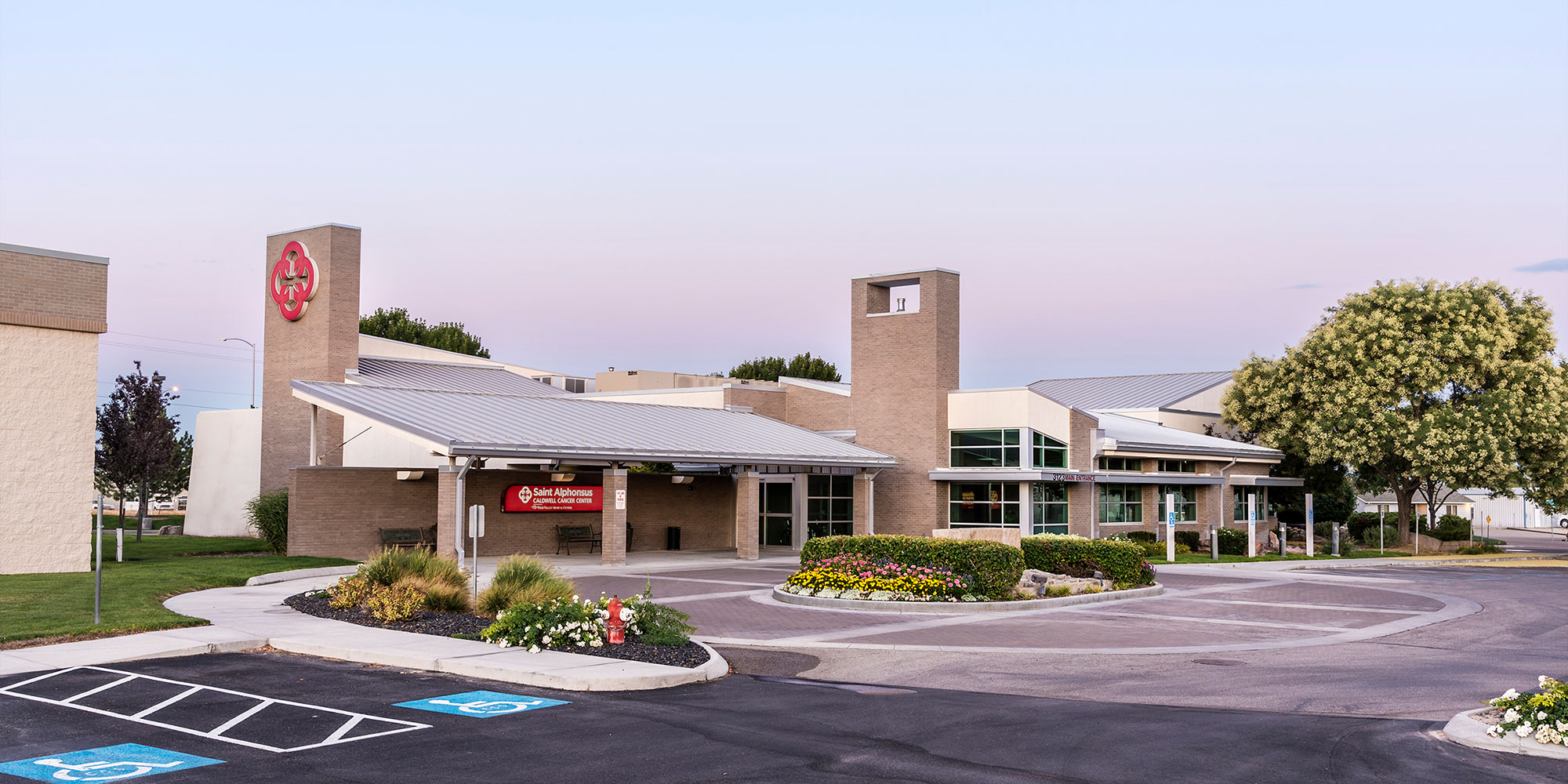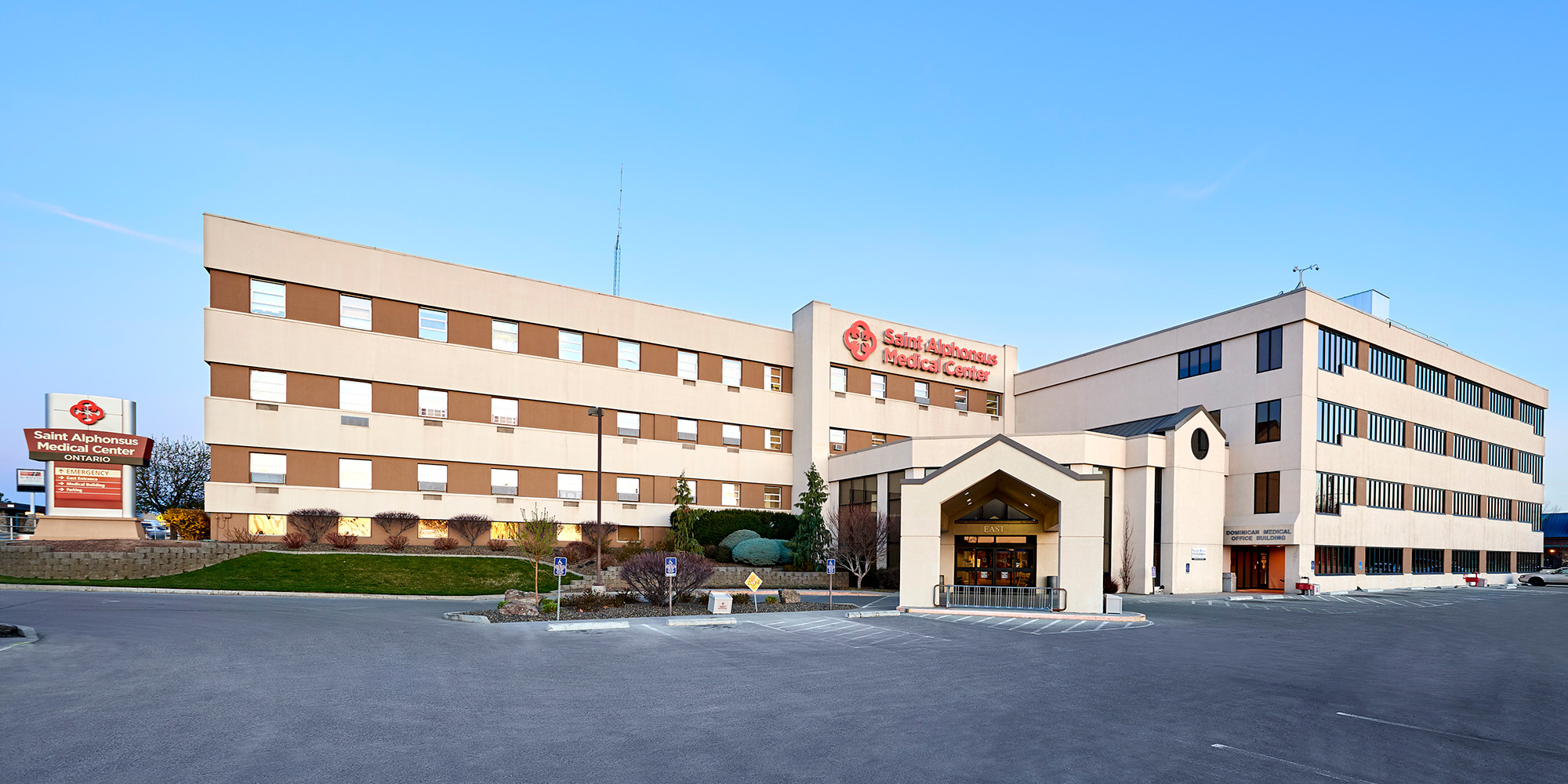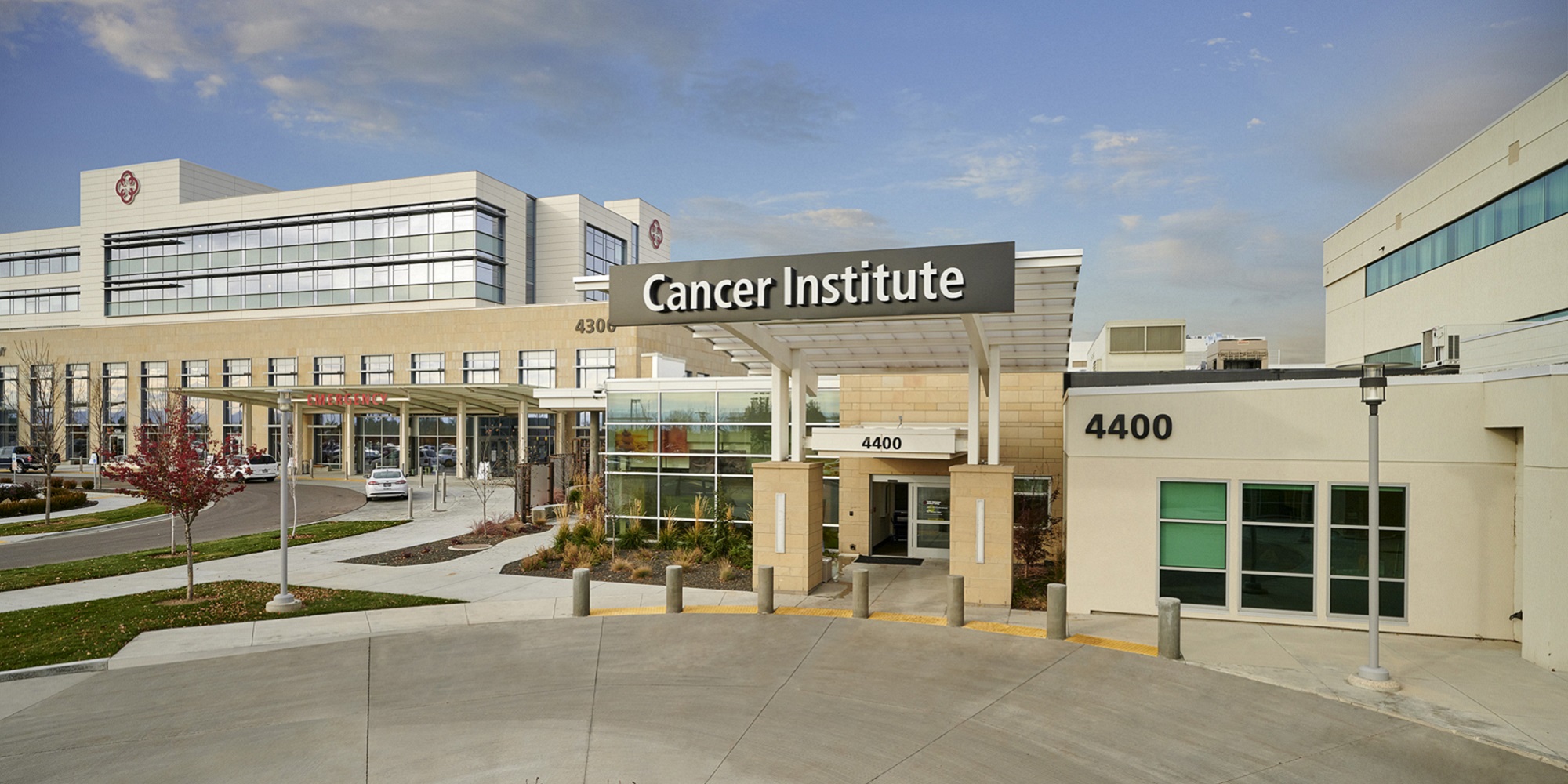Gynecology Oncology: Comprehensive Treatment Options
Within the Saint Alphonsus Women’s Specialty Care Center, our focus is to care for the special needs of women. With that goal in mind, our services encompass all aspects of care including gynecologic and gynecological oncology services.
At Saint Alphonsus we are fortunate to have Patrick Connor, MD, a highly-skilled board-certified Gynecologic Oncologist, and Polina Kokoulina, PA, who are committed to the comprehensive treatment of women with benign gynecologic conditions and gynecologic cancers. They understand the impact of cancer and its treatments on all aspects of women’s lives including future childbearing, sexuality, physical and emotional well-being—and the affect cancer can have on the patient’s whole family.
We offer patients access to clinical trials, genetic counseling and cancer risk assessments. Additionally, there are specialized programs for cancer patients to help reduce fatigue and improve well-being following cancer treatments.
Patients and referring physicians who choose the Women’s Specialty Care Center benefit from the collaboration of a highly-skilled and experienced interdisciplinary team focused on providing women the most advanced gynecologic care they need.
Gynecologic cancer treatments:
- Cervical cancer
- Ovarian, Fallopian tube and Primary Peritoneal Cancer
- Ovarian Borderline Malignancy
- Uterine cancer
- Gynecologic sarcomas
- Gestational trophoblastic disease
- Laparoscopic and robotic (daVinci) hysterectomies
- Leiomyosarcoma
- Lower genital tract disease (intraepithelial neoplasia)
- Vaginal cancer
- Vulvar cancer and vulvar melanoma
- Endometrial hyperplasia
- Bladder and rectum prolapse
- Stress urinary incontinence
- Abnormal uterine bleeding
- Vaginal and Rectovaginal Fistula
- Wound Infections
- Urinary tract infections
- Vulvitis and vaginitis
- Pelvic pain
- Endometriosis
Diagnostic and preventative services:
- Well-woman care and annual physical examinations
- Common diagnostic tests
- HPV vaccinations
Gynecologic cancer surgical services:
- Open and robotic (da Vinci) hysterectomies and staging procedures
- Open and robotic radical hysterectomies and staging procedures
- Ovarian cancer cyto-reductive surgery
- Pelvic exenteration with bladder and neo-vagina reconstruction
- Pelvic floor reconstruction surgeries
- Laser procedures
- Radical vulvectomy without or with myocutaneous flap reconstruction
- Vaginal and rectovaginal fistula repairs
- Benign gynecologic procedures
Abdominal Surgery
Open Abdominal Surgery (Laparotomy)
This traditional open surgery is often used for complex gynecologic radical and ultra-radical surgical cases. Radical surgery is an extensive and complex cancer surgery to remove the cancerous tumor along with any affected lymph nodes.
Ultra-radical surgery is the removal of as much of the cancerous tumor as possible and includes leaving a clear margin, or radius around the tumor location in which no more cancerous cells are found.
Open abdominal surgery is the best treatment option for women who have an advanced stage of cancer, a very large tumor or a tumor that has spread to multiple organs. Traditional invasive surgery al may be recommended for women who are significantly overweight or have had prior abdominal surgeries resulting in layers of scar tissue. These surgeries are performed the traditional (open) way via one long incision in the abdominal area. This method allows the surgeon to get the best view of the suspected cancer so that the cancer can be safety removed. The surgeon also has the added advantage of directly examining the organs and tumor.
The type, size, and stage of cancer can indicate the extent of surgery needed to remove the cancerous tumor and areas to which the cancer may have spread and allow for the best option for further therapy. For these complex cancer surgeries the doctor has the added advantage of directly seeing, holding and examining the organs and tumor.
Minimally Invasive Surgery (Laparoscopy with or without Robotic assistance)
Minimally invasive surgical procedures are an alternative to open (invasive) surgery that allow for closed or local surgery with less trauma. Typically patients experience less scarring, shorter hospitals stays and a more rapid return to their daily activities when laparoscopic surgery can be performed instead of an open surgery. Dr. Connor and Polina work individually with each patient to determine if laparoscopic surgery is the appropriate surgical option for them. Most commonly performed for:
- Simple and radical hysterectomy with or without lymph node dissection
- Salpingo-oophorectomy
- Ovarian cystectomy
- Analysis of adhesions
- Pelvic mass resection
The daVinci Advantage
Dr. Connor has extensive experience with minimally invasive surgery using the daVinci robotic system to treat gynecologic cancers. This technology allows for improved dexterity, visualization and control. Incorporating technology developed by NASA for the use of “robotic arms” in space, the daVinci’s robotic micro-instruments translate the precise movements of the surgeon’s hands while filtering out even the slightest tremors. High-definition, scaled 3D imaging allows for optimal viewing and manipulation of sensitive nerves and tissue. Because of the additional advantages with robotic surgery, minimally invasive surgery can be performed in women who otherwise might not be candidates for standard laparoscopy.





